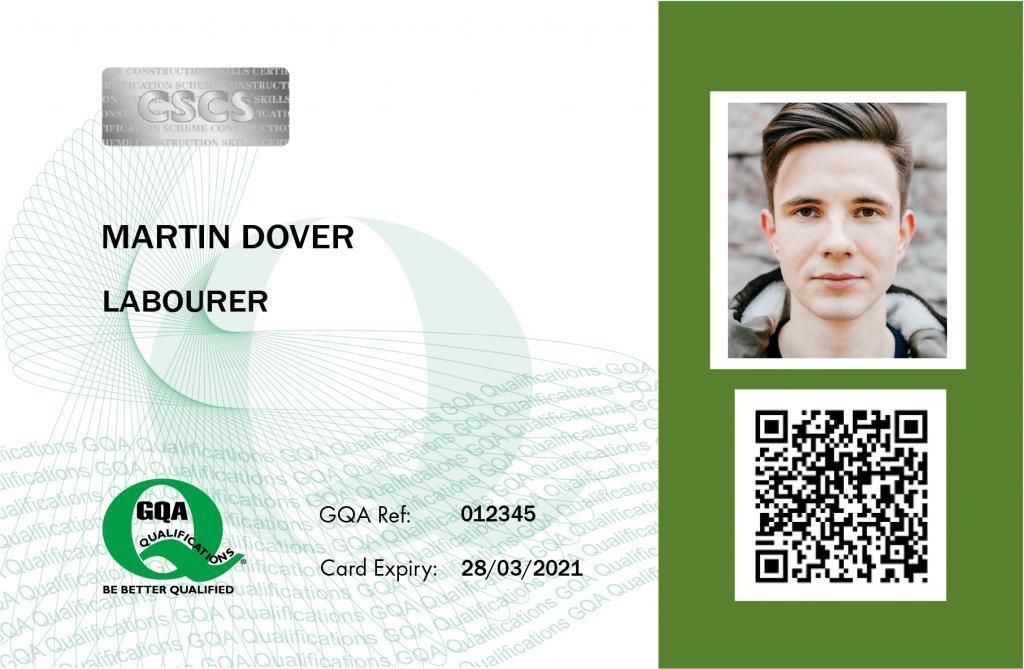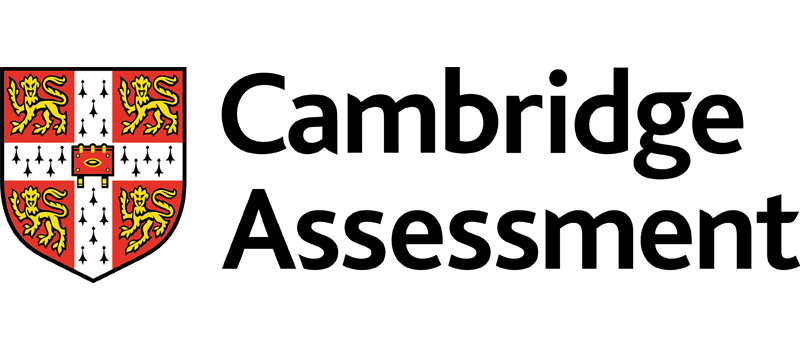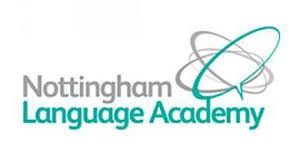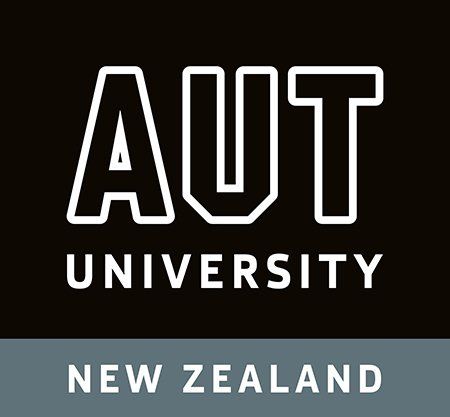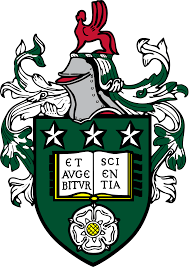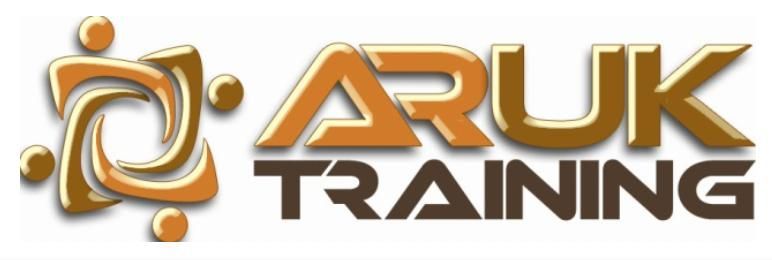
Master's Certificate in Project Management Knowledge Areas (PMK Workshop 1, 2, 3) Preparing for PMP®, PMI-SP, PMI-RMP, CAPM - Certified Program
Course ID: 2508117101183EGI
Course Dates : 11/08/25 Course Duration : 15 Studying Day/s Course Location: Dubai, UAE
Language: Bilingual
Course Category: Professional and CPD Training Programs
Course Subcategories: Leadership and Management Excellence
Course Certified By: * Projacs Academy
* Professional Training and CPD Programs
Certification Will Be Issued From :
KSA
Course Fees: £8,709.02
Vat Not Included in the price. VAT may vary depending on the country where the course or workshop is held.
Click to Pay
Date has passed please contact us Sales@e-s-hub.com
Course Information
Introduction
Project management has emerged as a cornerstone of organizational success across industries, from construction and IT to healthcare and finance. As businesses navigate increasingly complex environments characterized by rapid technological advancements, shifting market demands, and global interconnectedness, the ability to manage projects efficiently and effectively becomes paramount. This course is designed to equip participants with a comprehensive understanding of project management knowledge areas, aligning with globally recognized standards such as the Project Management Institute’s (PMI®) frameworks. By mastering these principles, professionals can drive innovation, enhance productivity, and ensure alignment with strategic objectives.
Despite the growing recognition of project management as a critical competency, many organizations face persistent challenges in execution. These include scope creep, resource misallocation, poor risk management, and communication breakdowns. Such issues often stem from gaps in foundational knowledge or a lack of structured methodologies. For instance, a case study involving a multinational technology firm revealed that inadequate stakeholder engagement led to a 30% overrun in both time and budget for a major software development initiative. This course addresses these gaps by providing participants with actionable tools and strategies rooted in established theories like Earned Value Management (EVM), Critical Path Method (CPM), and Agile frameworks.
The benefits of mastering project management extend beyond individual career advancement; they also contribute significantly to organizational resilience and competitiveness. Professionals who excel in this domain are better equipped to lead cross-functional teams, optimize resource utilization, and deliver projects on time and within budget. Organizations, in turn, benefit from improved operational efficiency, enhanced client satisfaction, and the ability to adapt swiftly to changing circumstances. According to a report by the Project Management Institute, organizations that prioritize project management maturity waste 28 times less money due to failed projects compared to their peers.
This program draws upon industry trends and best practices to provide a holistic learning experience. For example, the integration of hybrid project management approaches—combining traditional waterfall methods with Agile practices—reflects the evolving needs of modern workplaces. Participants will explore real-world applications through case studies, such as how Tesla leveraged Agile methodologies to accelerate its electric vehicle production timelines while maintaining quality standards. Such examples underscore the practical relevance of the course content and its applicability across diverse sectors.
Moreover, the course emphasizes certification preparation, equipping participants to pursue globally recognized credentials such as PMP®, PMI-SP, PMI-RMP, and CAPM. These certifications not only validate expertise but also open doors to new opportunities in leadership roles. A survey conducted by LinkedIn identified project management as one of the top five most in-demand hard skills, highlighting its enduring value in the job market. By investing in this training, individuals position themselves as indispensable assets to their organizations, capable of driving transformative change.
Ultimately, this course represents more than just an educational endeavor—it is a pathway to excellence. Whether you are an aspiring project manager seeking foundational knowledge or an experienced professional aiming to refine your skills, this program offers the tools and insights needed to thrive in today’s dynamic landscape. Through a blend of theoretical rigor and practical application, participants will emerge prepared to tackle even the most complex project challenges with confidence and competence.
Objectives
By attending this course, participants will be able to:
Analyze the core principles of project management knowledge areas as defined by PMI® standards, including scope, schedule, cost, quality, and risk management.
Evaluate project risks using quantitative and qualitative techniques, designing mitigation plans aligned with organizational goals.
Apply Agile and hybrid methodologies to manage iterative projects, ensuring adaptability and responsiveness to change.
Design comprehensive project schedules utilizing tools such as Gantt charts, critical path analysis, and resource leveling.
Implement effective stakeholder engagement strategies to foster collaboration and minimize conflicts during project execution.
Synthesize data-driven insights to monitor project performance, employing metrics such as Earned Value Analysis (EVA).
Prepare for internationally recognized certifications, including PMP®, PMI-SP, PMI-RMP, and CAPM, by mastering exam-relevant concepts and practice questions.
Who Should Attend?
This course is ideal for:
Mid-level managers and team leaders responsible for overseeing projects and ensuring timely delivery.
Consultants and analysts involved in process optimization and strategy implementation.
Engineers, architects, and technical professionals transitioning into project management roles.
HR and administrative staff tasked with supporting project teams and managing resources.
Entrepreneurs and small business owners seeking to enhance their project oversight capabilities.
These groups will find the course invaluable due to its focus on bridging theoretical knowledge with practical application. While prior exposure to project management concepts is beneficial, the curriculum is structured to accommodate beginners as well as intermediate learners. Advanced practitioners may also benefit from the certification-focused modules and updates on emerging trends.
Training Method
• Pre-assessment
• Live group instruction
• Use of real-world examples, case studies and exercises
• Interactive participation and discussion
• Power point presentation, LCD and flip chart
• Group activities and tests
• Each participant receives a 7” Tablet containing a copy of the presentation, slides and handouts
• Post-assessment
Program Support
This program is supported by:
* Interactive discussions
* Role-play
* Case studies and highlight the techniques available to the participants.
Daily Agenda
The course agenda will be as follows:
• Technical Session 08.30-10.00 am
• Coffee Break 10.00-10.15 am
• Technical Session 10.15-12.15 noon
• Coffee Break 12.15-12.45 pm
• Technical Session 12.45-02.30 pm
• Course Ends 02.30 pm
Course Outlines
Foundations of Project Management
Day 1:
Introduction to PMI® Standards & Frameworks
Overview of PMBOK® Guide
Key definitions and terminology
Importance of project lifecycle phases
Day 2:
Scope Management
Defining project scope and deliverables
Work Breakdown Structure (WBS) creation
Managing scope changes
Day 3:
Schedule Management
Developing project schedules
Understanding dependencies and milestones
Using Gantt charts effectively
Day 4:
Cost Management
Budget estimation techniques
Cost control mechanisms
Variance analysis
Day 5:
Quality Management
Principles of quality assurance and control
Tools for continuous improvement
Balancing quality with constraints
Week 2
Week 2:
Risk and Stakeholder Management
Day 6:
Risk Identification
Types of project risks
SWOT analysis and risk registers
Scenario planning
Day 7:
Risk Response Strategies
Mitigation, avoidance, transfer, and acceptance
Contingency planning
Monitoring risk triggers
Day 8:
Stakeholder Engagement
Mapping stakeholders and influence levels
Communication planning
Conflict resolution strategies
Day 9:
Procurement Management
Vendor selection and contract types
Negotiation skills
Managing supplier relationships
Day 10:
Resource Management
Allocating human and material resources
Team building and motivation
Overcoming resource constraints
Week 3
Week 3:
Advanced Topics and Certification Preparation
Day 11:
Agile and Hybrid Approaches
Scrum vs. Kanban methodologies
Combining Agile with traditional methods
Scaling Agile for large projects
Day 12:
Performance Measurement
Earned Value Management (EVM)
Key Performance Indicators (KPIs)
Reporting project status
Day 13:
Ethics and Professional Responsibility
PMI® Code of Ethics
Ethical decision-making frameworks
Addressing ethical dilemmas
Day 14:
Exam Preparation Strategies
Study tips for PMP®, PMI-SP, PMI-RMP, CAPM exams
Practice questions and mock tests
Time management during exams
Day 15:
Final Review and Application
Group presentations on real-world case studies
Feedback sessions and Q&A
Action plans for post-course implementation










